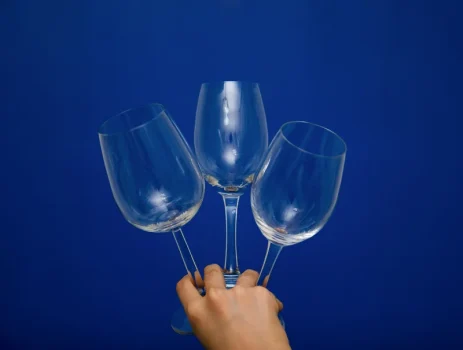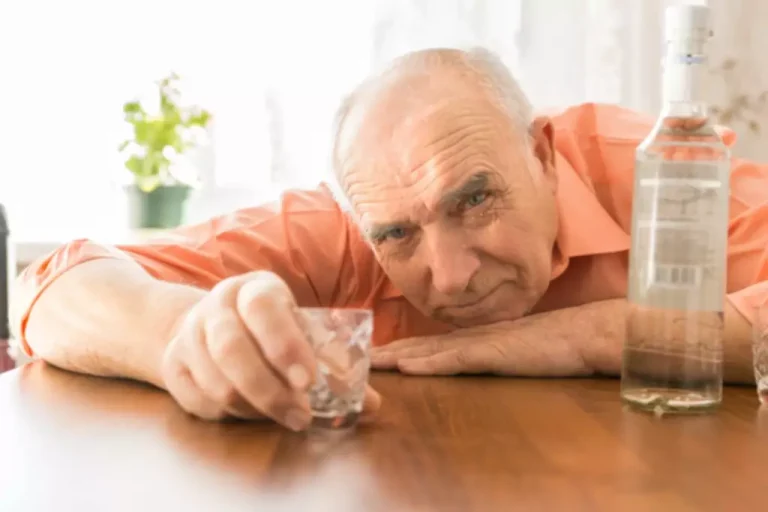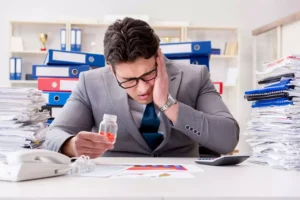
In some people, these reactions look like allergy symptoms even though they don’t have a true allergy to alcohol. If they suspect you have a true allergy to alcohol or another ingredient in alcoholic beverages, they will likely conduct allergy testing. The most common type of allergy testing is the skin prick test. During a skin prick test, your doctor will use a lancet to prick or scratch your skin.
- Symptoms may occur within seconds or minutes of alcohol exposure and could trigger after exposure to even tiny amounts of the allergen.
- If you have strange symptoms soon after drinking, your body may not be processing alcohol properly.
- However, asthma experts warn sufferers to choose their drinks carefully, because even low-sulphite wines will contain some sulphites.
- Quercetin is a plant pigment that has been shown to cause sneezing in some people.
Medical Professionals
- A genuine alcohol allergy is very specific and rather rare.
- The most common type of allergy testing is the skin prick test.
- With an alcohol allergy, a person’s immune system overreacts to alcohol.
- Occasionally, a doctor may ask a person to consume alcohol in a medical setting and observe any reactions or symptoms.
The histamine causes the blood cells in the nasal region to dilate, resulting in mucus, nasal congestion, sneezing, and a runny nose. However, the severity of these symptoms may vary from person to person. If you have symptoms after drinking beer, but not after drinking wine or other alcoholic beverages, it’s not alcohol intolerance.
Alcohol Allergies Can Cause Sneezing, Flushing, Headache
- This is all happens as a result of drinking alcohol, or more specifically, the series of bodily processes it sets in motion.
- “The amount of sulphites contained in alcohol will vary between products, but sulphur dioxide is one of the fourteen major food allergens that are required by law to be included on labels.”
- If you find that straight spirits make you sneeze, try diluting them with water or soda before you drink them.
- Some signs of anaphylaxis include swelling, itching, tightening of the throat and mouth, a weak or rapid pulse, fainting, shock, and loss of consciousness.
- Nearly 1.2 percent of adults in the United States are allergic to wheat.
If your favourite tipple leaves your cheeks burning, then yes – you may well have an alcohol sensitivity or intolerance, says nutritionist Jade Taylor, of Kitchen Home. First, red wine can cause headaches because it contains high levels of compounds called tannins, which inhibit the enzymes that protect the brain from substances that can trigger migraines. When this blood-brain barrier isn’t protected as it should be, the brain is more susceptible to headache-inducing triggers. Many people are familiar with common side effects of alcohol, including lowered inhibitions, euphoria (i.e., feeling “tipsy”), decreased coordination, and hangovers.

What are the symptoms of alcohol allergy?
If you find that certain foods make you sneeze, such as strawberries or shellfish, try avoiding them before you drink. This will help to reduce the number of histamines in your system and make it less likely that they’ll trigger a sneeze. Although not a true allergy, in some cases, what seems to be alcohol intolerance might be your reaction to something in an alcoholic beverage — such as chemicals, grains or preservatives. Combining alcohol with certain medications also can cause reactions.
Why am I allergic to beer?
White wine tends to contain higher levels of sulfites than red wine and beer. Aldehyde dehydrogenase (ALDH2) is an enzyme that your body uses to digest alcohol. It turns alcohol into acetic acid, a main component of vinegar, in your liver.
Lifestyle Quizzes
Often, what people consider sneezing after drinking alcohol to be an alcohol allergy is, in fact, alcohol intolerance. If you’re looking for a way to prevent sneezing when you drink, try making your cocktails with fresh fruit juices instead of using pre-made mixes. This will help reduce the number of histamines in your drink and make it less likely to trigger a sneeze.
“Alcohol intolerance is a way of your body informing you that it is rejecting what is being put in it to process,” Sheila Shilati, PsyD, COO of rehab facility Seasons, tells Bustle. If you have an alcohol allergy, your immune system over-reacts to alcohol. If you have alcohol intolerance, your digestive system doesn’t process alcohol properly.

- The former is when you get a little loosey-goosey at the bar; the latter is more like you feel sick after sipping on a glass of wine while relaxing at home.
- Nonallergic rhinitis most often doesn’t cause an itchy nose, eyes or throat.
- People with alcohol intolerance react quickly to consuming alcohol.
You might also react to certain alcoholic beverages if you have a histamine or sulfites intolerance. In very rare cases, reactions to alcohol may be a sign of Hodgkin’s lymphoma. If someone believes they have an alcohol allergy or intolerance, they should stop drinking alcoholic drinks and visit their healthcare provider for testing and advice. If you’re allergic to alcohol, you may experience hives, itching, swelling, difficulty breathing, and wheezing.

What You Can Do To Prevent Sneezing When You Drink
Histamine is a chemical that occurs naturally in your body. It’s also found in many foods and beverages, especially fermented products. For example, aged cheese, smoked meats, sauerkraut, wine, and beer tend to be high in histamines. If you have this variant, it causes your body to produce less active ALDH2. You should never ignore the symptoms of an allergic reaction.
When to see a doctor
People of Korean, Japanese, or Chinese descent are more prone to this genetic defect than people of other ethnicities. If your body can’t do this well enough, you will have a reaction. Alcoholic beverages are made from complex mixtures of grains, chemicals, and preservatives that your body needs to break down.







